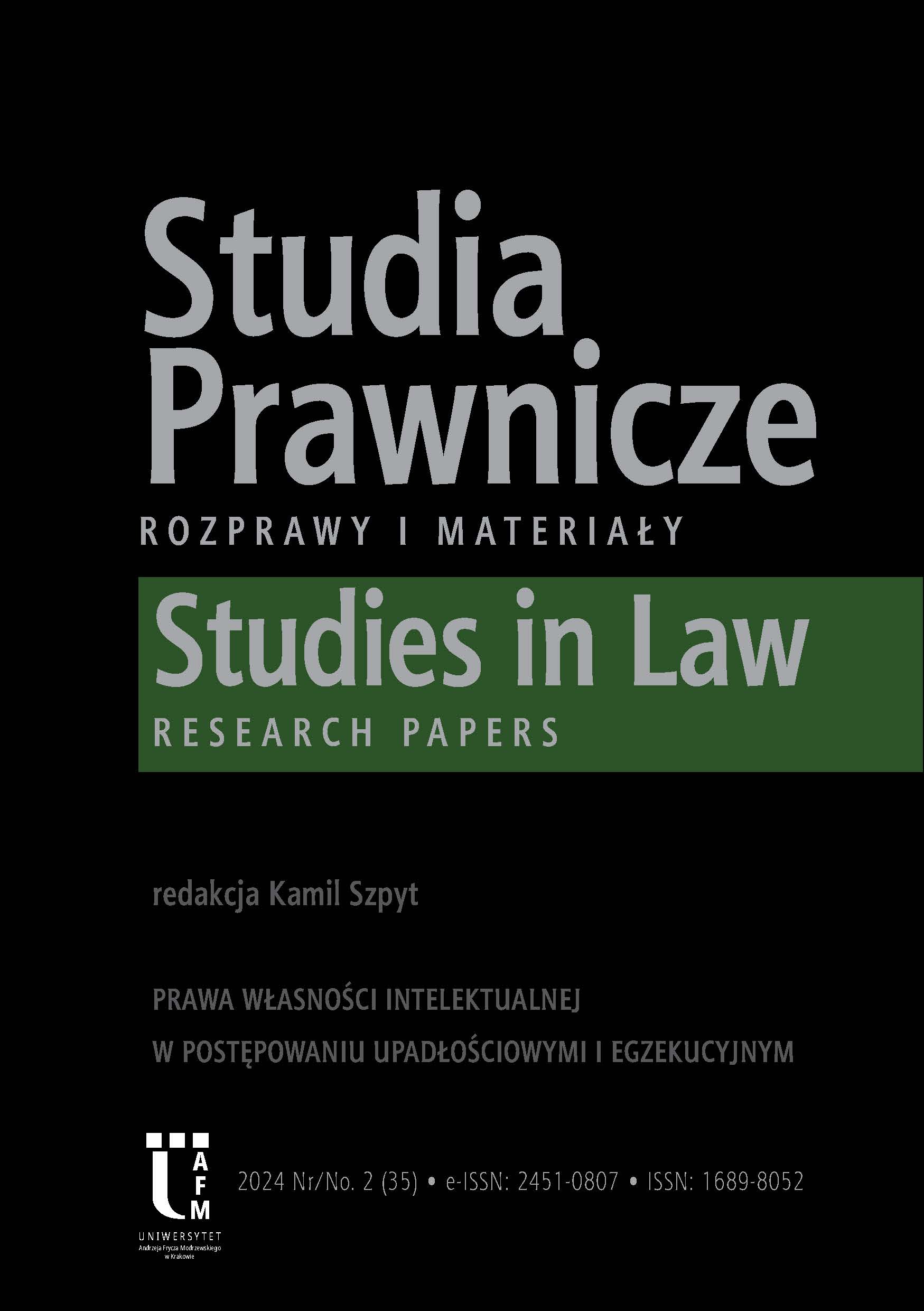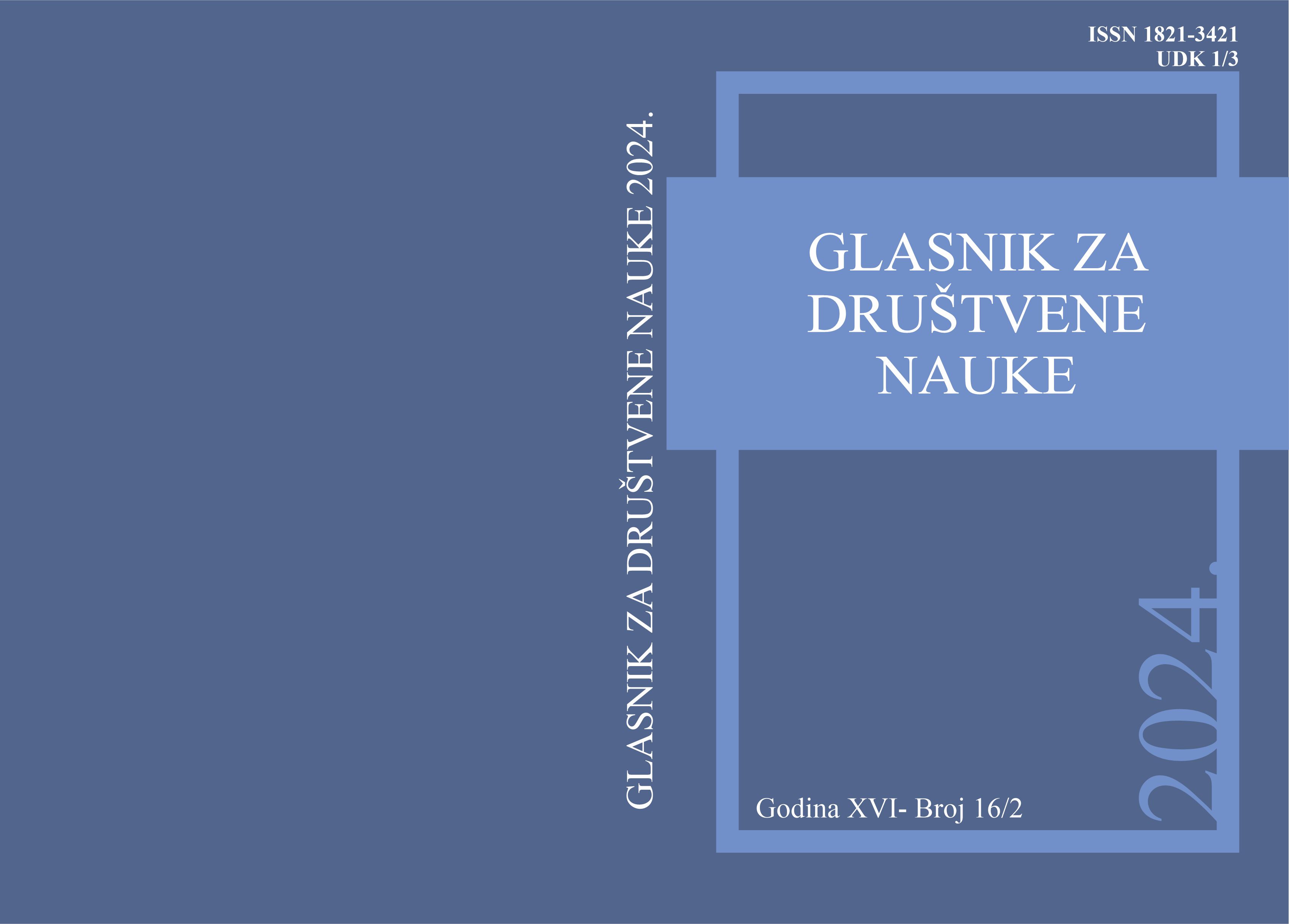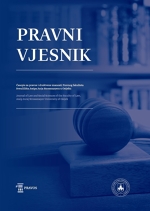SPRE CEA DE-A PATRA CATEGORIE DE DREPTURI ALE OMULUI, DREPTURILE UMANE PRIVIND INTELIGENŢA ARTIFICIALĂ? – PENTRU UN PACT INTERNAŢIONAL RELATIV LA NOILE DREPTURI ALE EREI IA –
The convergence of new technologies – especially post-generative AI, quantum computing, robotics and the digitization of the physical world – towards the creation of large ecosystems, is generating new technological leaps, with profoundly transformative and unpredictable consequences for society and the human condition. The ambivalent impact of these advances on human rights offers unprecedented possibilities to strengthen their protection but also generates new threats to their exercise and even existence. The prospect of generalized AI (AGI) and thus the creation of an artificial alternative to humans raises the question of human control over new technologies, if AI reduces its status to that of an object and does not also pass to that of a subject of law, bearer of a legal personality sui generis, generating their own rights and obligations, as well as that of fundamental restructuring in terms of fundamental rights, by adapting existing ones and recognizing and guaranteeing new ones. If, until the emergence of AGI, the impact of AI in the field presupposed, above all, the adequacy of the meanings of human rights, already recognized to the requirements of the new technological realities, together with them and with the creation of a competing entity, the dilemma of a new category of rights arises, those regarding artificial intelligence. Legal regulation is also called upon to ensure responsible, trustworthy AI, permanently and fully under human control and used exclusively for purposes beneficial to society. The affirmation of the human nature and of another, its creation but of an artificial nature, endowed with intellectual and spiritual aptitudes, implies qualitative mutations in the nature itself of fundamental rights, of law in general (the essential concepts of person and thing acquiring new hypostases, of profile and, respectively, information). Among the new rights thus envisaged: the human right to the beneficial use of AI, the primary right to exist of man as a species between species, the principle of the intangibility of human rights, the human right and responsibility to control AI, the right to security from the risks of new technologies, the right and duty to use AI for the common good. At the level of legal instruments for expressing such developments, it is proposed to develop a fourth pact on the matter, that of digital human rights in the context of artificial intelligence; it would be in addition to the 1966 Civil and Political Rights, and Economic, Social and Cultural Rights, as well as the envisaged pact on environmental human rights. The European legal model for ensuring responsible, trustworthy AI that respects fundamental rights and the environment – established by the AI Regulation of 13 June 2024 and the Council of Europe Framework Convention of 17 May 2024 respectively – with aspirations to be a global benchmark in this field, is based on the (Western) values of human rights, democracy and the rule of law, enshrined by legal regulation.
More...


